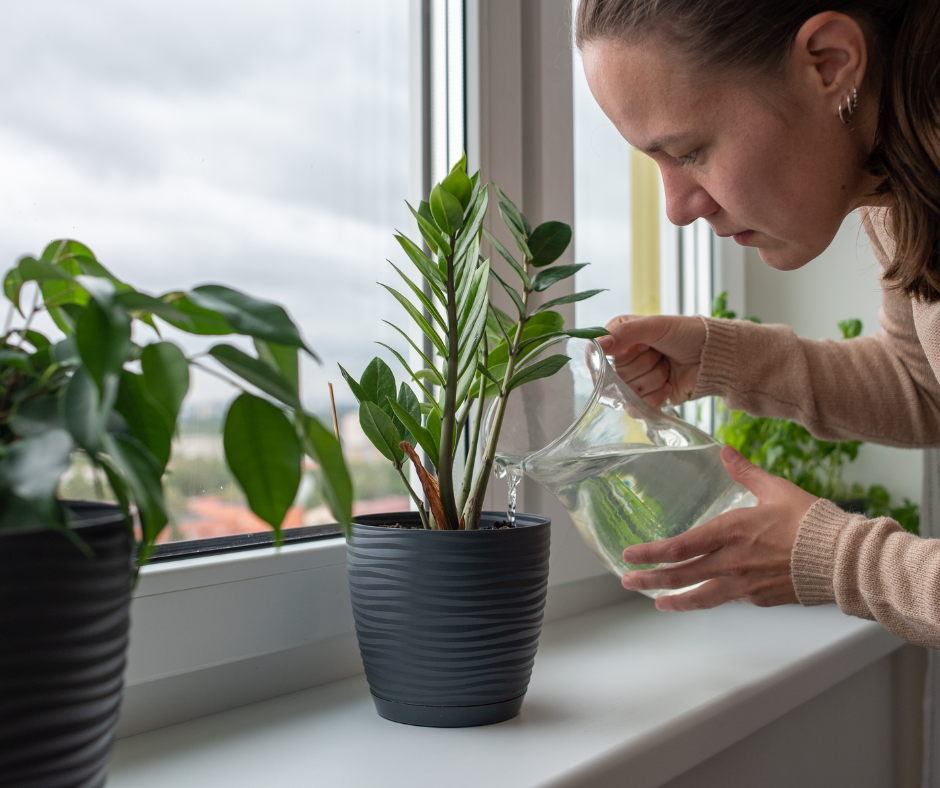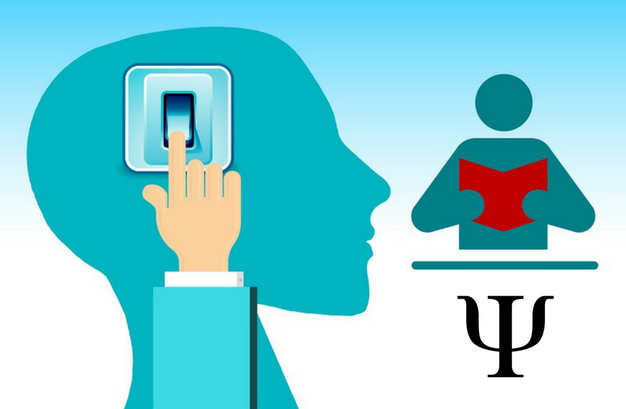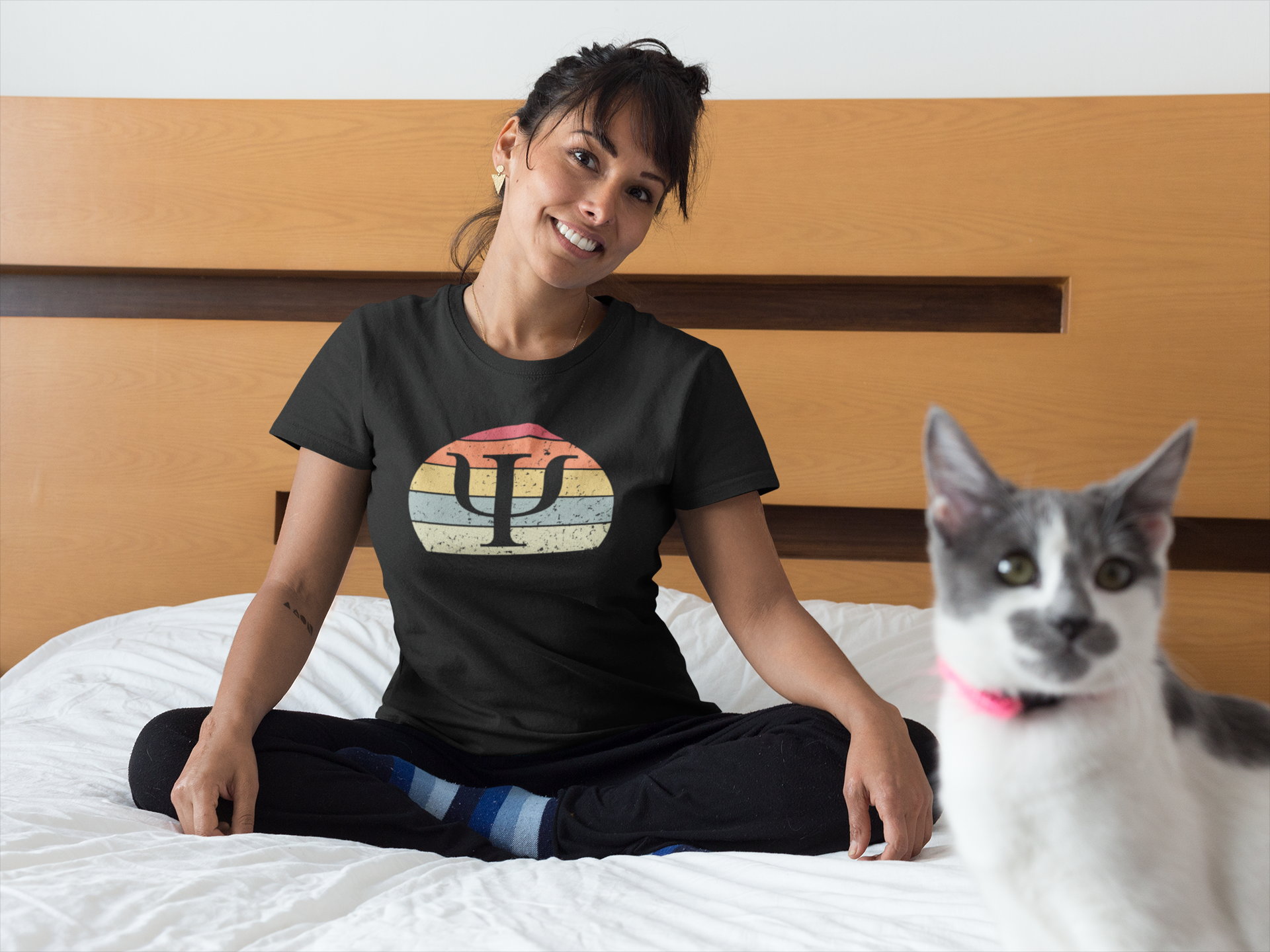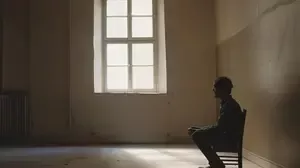Three Ways to Get Your Nature Fix Without a Garden
Spending time in a garden is good for you. It doesn’t matter if you’re watering plants or simply chilling on a deck chair – there’s a whole range of benefits that come with it. These include improved health and wellbeing, reduced mental fatigue and better sleep quality.
Those who get stuck into gardening also experience less stress and more physical activity. Research finds that these people even tend to eat more fruit and vegetables.
But not everyone is able to access a garden. With inflation squeezing incomes, owning a home with a garden is more difficult than ever, particularly for young people, and rental accommodation may not always come with outside space.
An English survey from 2021 revealed that those aged 16-24 were more than twice as likely to lack access to a garden or allotment compared to those aged over 65. My own research team dug into this issue too. We found that younger people and those on a lower income in the UK had a harder time accessing a garden than older and richer people.
But don’t despair if you’re unable to access a garden. There are plenty of ways to benefit from nature in and around your home without stepping foot in a garden. Here are three ways research suggests you can bring nature into your life.
1. Visit a park
The presence of nature – such as plants and trees, natural sounds like birdsong, and water – is part of what makes gardens so good for us. Research finds that contact with nature can reduce stress and depression, improve work and educational performance, increase wellbeing and help us live longer.
It’s not just gardens that offer this dose of nature. In fact, nature can be found in many urban parks, even in tiny pocket parks (small areas of public green space).
These parks are more than just serene spots. They can also be great places to meet up with friends and family, particularly if they include cafés, tables and seating areas. Building social relationships like this comes with a number of added health benefits too.
Many people will find a park close to their home. The Office for National Statistics estimate that more than a quarter of people in Great Britain live within a five-minute walk of a public park, and 72% within a 15-minute walk.
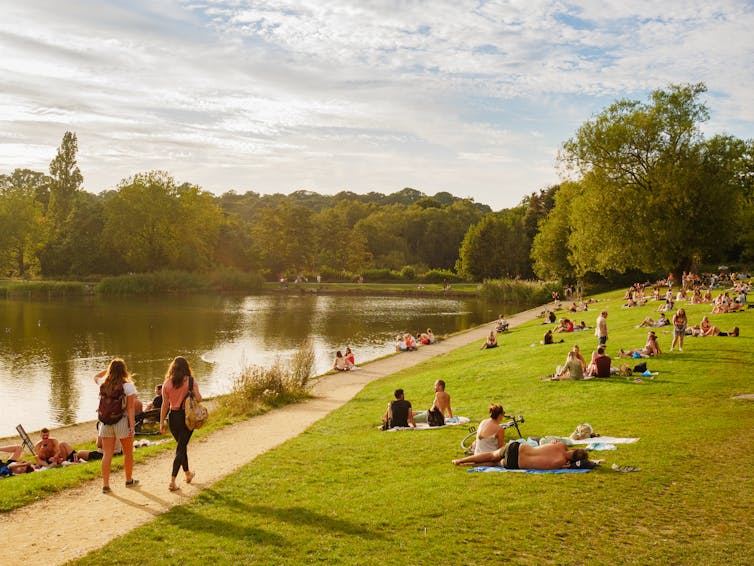
However, inequalities exist here too. The quality of urban parks tends to be better in wealthier areas compared with those in areas with lower socioeconomic status.
2. Get some houseplants
Houseplants are a great way to bring nature into your home if you have no outdoor space. As with other forms of nature, indoor plants are linked to reduced blood pressure and lower levels of stress.
They also help make a space more attractive, turning it into somewhere you want to spend time in. In one study, students showed a preference for studying in a room with potted plants compared to a room without them.
Many people also value the act of caring for their houseplants – whether this is watering them, feeding them or “giving them a haircut”.
Houseplants may also help if you have to spend long periods of time indoors. During the COVID lockdowns, for example, exposure to greenery helped residents in Shanghai, China, by reducing loneliness and depressive symptoms.
If you spend a lot of time working or studying at home, houseplants may also improve your ability to work. In an office setting, people who had plants in the room performed better when working on demanding tasks. Separate research on Norwegian office workers also found that the presence of indoor plants improved productivity and reduced sick leave.
There are lots of houseplants to choose from and it can be difficult to know where to start. But there are plenty of online guides to help you choose the right one. And for those of you that worry you’ll accidentally kill your new houseplant, know that even qualified horticulturalists regularly lose plants – it’s all trial and error.
3. Make use of digital nature
If you live somewhere you can’t own houseplants, or you are not ready for the responsibility, try surrounding yourself with digital nature instead. During Israel’s initial COVID lockdown, a survey of 776 people revealed that viewing images of nature on a computer screen was linked to lower levels of stress and fewer negative emotions.
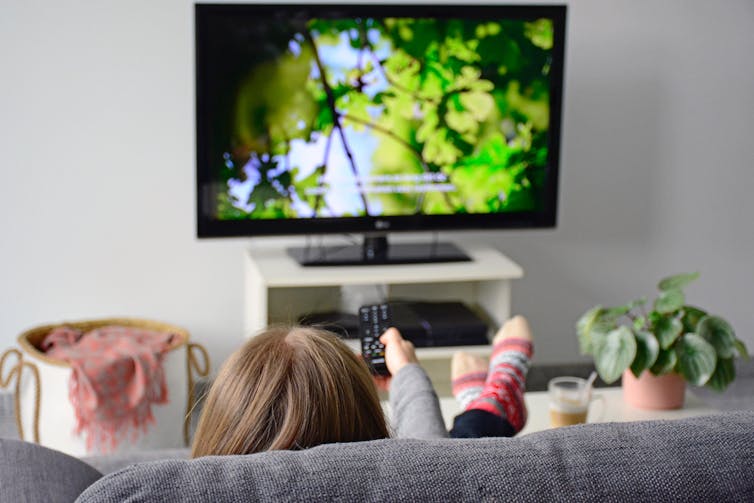
You could also watch some nature documentaries, or clips of animals and birdsong on your social media. In our recent research, we found that watching videos of nature on social media – specifically highlights from the BBC’s Springwatch TV series and from Chris Packham’s (a UK TV presenter and naturalist) livestream videos on Facebook – helped support wellbeing during the COVID lockdowns.
No matter your circumstances, there’s always a way to bring a bit of nature into your life.![]()
Emma White, Visiting Research Fellow in Environmental Psychology, University of Surrey
This article is republished from The Conversation under a Creative Commons license. Read the original article.
Hope you enjoyed reading about getting your nature fix
Want to read more great articles?
See following link to check out a fascinating collection of psychology articles by leading academics and researchers.
This Psychology Symbol - Vintage Retro Striped Sunset T-Shirt is available from Amazon (prime eligible) in a range of colors for women and men. Sales help support this website, which has been providing free and comprehensive information and resources for psychology students and educators since 2008.
Recent Articles
-
Dr. Jody Carrington Interview | Trauma, Connection, and Mental Health
Feb 04, 26 08:18 AM
Interview with Dr. Jody Carrington on trauma integration, loneliness, burnout, and what it really means to feel seen. -
Psychology Articles by David Webb
Jan 26, 26 04:52 AM
Discover psychology articles by David Webb, featuring science-based insights into why we think, feel, and behave the way we do. -
Why Doing Nothing Feels So Hard | Psychology of the Restless Mind
Jan 26, 26 04:42 AM
Why does doing nothing feel uncomfortable? Psychology research reveals how attention, the default mode network, and unstructured thought shape inner restlessness.
Know someone who would love to read Three Ways to Get Your Nature Fix Without a Garden? Share this page with them.
Please help support this website by visiting the All About Psychology Amazon Store to check out an awesome collection of psychology books, gifts and T-shirts.
Go From Three Ways to Get Your Nature Fix Without a Garden Back To The Home Page
